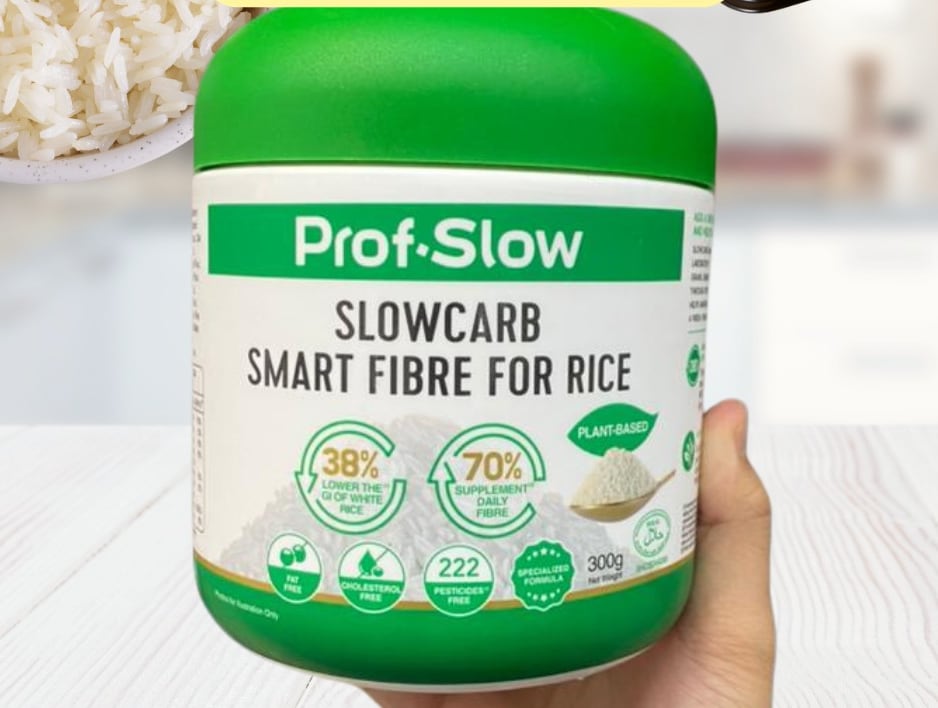The abdominal visceral fat area (VFA) of the intervention group was 6.1 cm² smaller than the placebo group by the end of the intervention, which was a statistically significant difference.
The study used Oligonol, a standardized oligomerized-polyphenol from lychee (Litchi chinensis) fruit. The ingredient is commercialized by Japanese functional ingredient firm Amino Up Co., Ltd.
A total of 66 overweight men and women with a body mass index (BMI) between 25 and 30kg/m2 took part in this randomized, double-blind, placebo-controlled trial conducted by Amino Up and Hokkaido Information University.
The findings were published in the Journal of Nutritional Science and Vitaminology.
Study details
They were randomized to take a daily dose of 200mg oligonol or placebo for 12 weeks.
The primary objective of the trial is to study whether there is a reduction in visceral fat area.
Changes in body weight, BMI, waist circumference, and blood parameters were also tracked.
Key findings
Findings showed that abdominal VFA of the intervention group was down from 98.2±30.3 cm² at baseline to 95.1±29.6 cm² by the end of the trial.
In contrast, that of the placebo group increased from 95.4±31.8 cm² to 98.6±33.1 cm² during the same period.
By the end of the trial, there was a significant difference of 6.1cm² between the two groups in terms of abdominal VFA.
However, no significant difference was seen between the groups for total abdominal fat area (TFA), subcutaneous fat area (SFA), fat mass, and other physical measurements.
A reduction in abdominal VFA is usually due to a decrease in energy and nutrient intake, as well as an increase in physical activity.
However, since the intervention group did not reduce their energy and nutrient intake, or increase their physical activity throughout the study, the researchers concluded that the reduction in their abdominal VFA had to come from oligonol supplementation.
Mechanism of action
As for the mechanism of action, the researchers wrote that this could be due to oligonol speeding up β-oxidation cycle in the mitochondria - which is an important process in fat burning.
Oligonol does so by enhancing the expression of PPAR-alpha, a molecule that in turn accelerates β-oxidation cycle, based on in vitro evidence.
Oligonol has also been reported to decrease the expression of perilipin - a protein that regulates lipid storage and metabolism in adipocytes or fat cells.
“It is thought that Oligonol intake makes lipid droplets more susceptible to lipolytic enzyme attack by decreasing perilipin expression and accelerating β-oxidation in mitochondria, which take up the increased free fatty acids, by increasing PPAR-alpha expression, thereby promoting lipolysis,” the researchers wrote.
“The reason why the fat area was reduced in abdominal visceral fat rather than abdominal subcutaneous fat in this study is thought to be that the acceleration of β-oxidation by Oligonol was stronger in visceral fat cells, which have more mitochondria,” the researchers added.
Source: Journal of Nutritional Science and Vitaminology. 2025, 71(4):p 357-365. doi: 10.3177/jnsv.71.357. “Effects of Oligonol Supplementation on Abdominal Fat in Japanese Overweight Volunteers: A Randomized, Double-Blind, Placebo-Controlled, Parallel Group Study.” Jun Takanari, et al.





